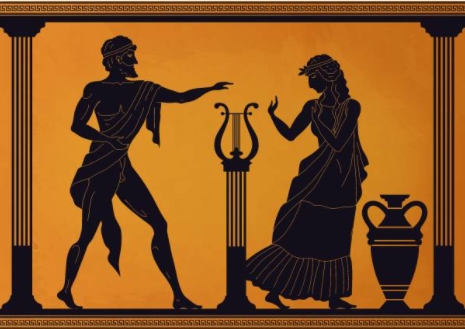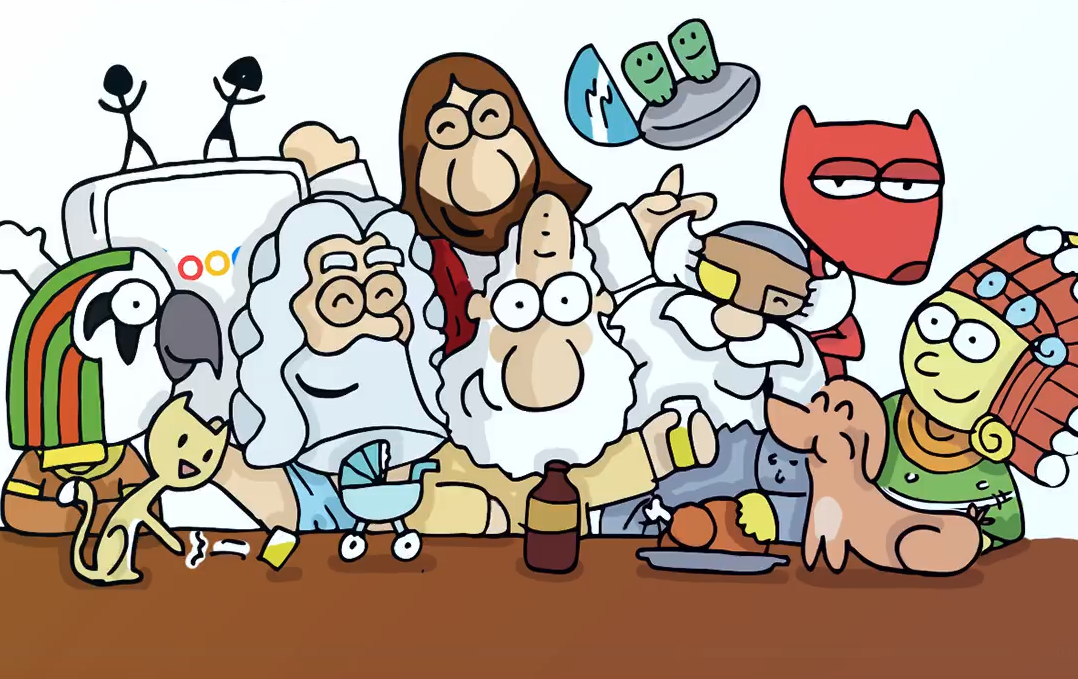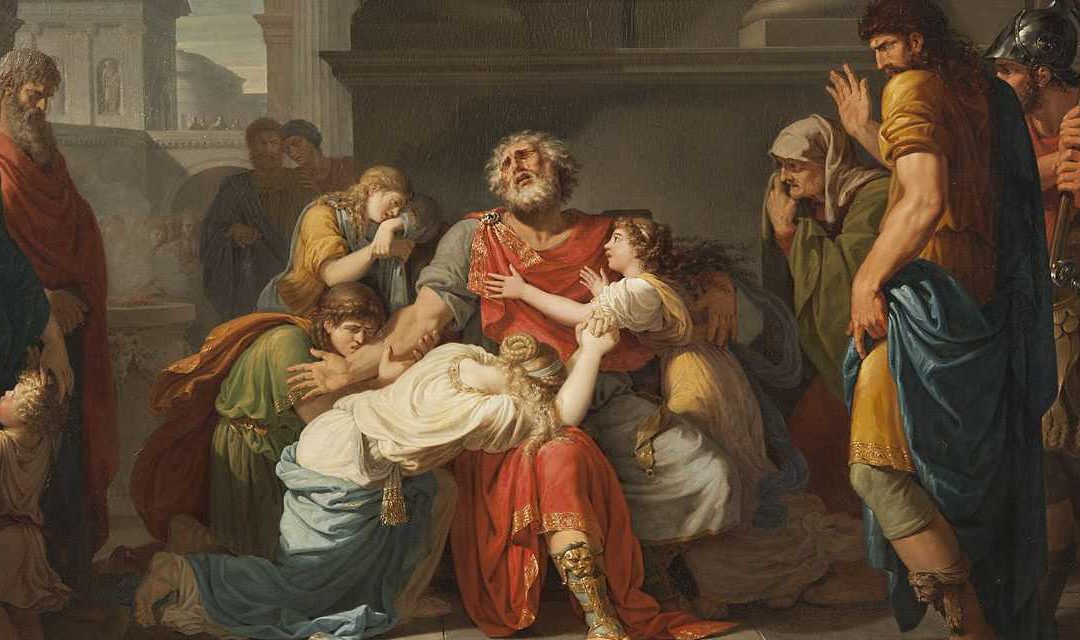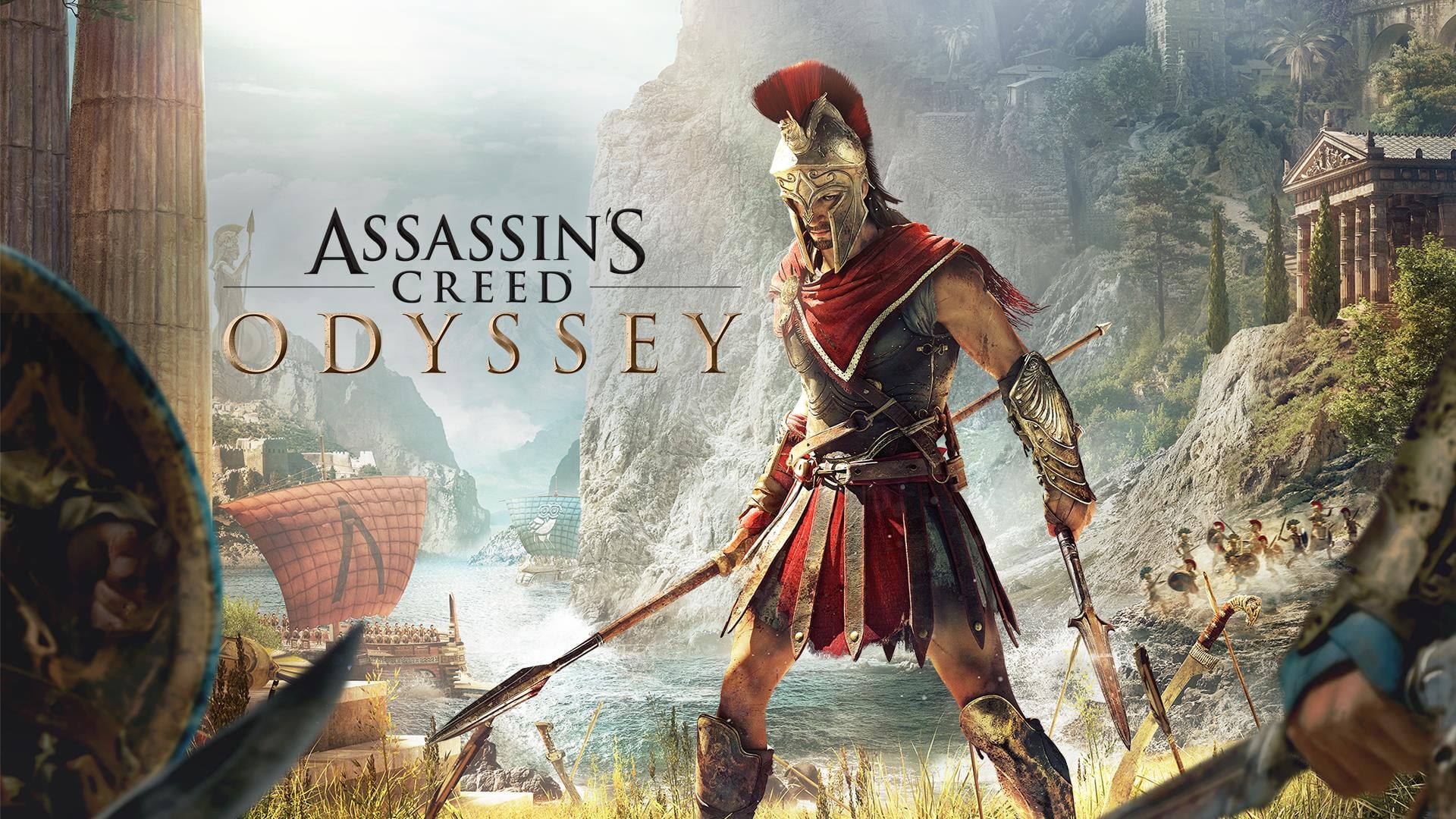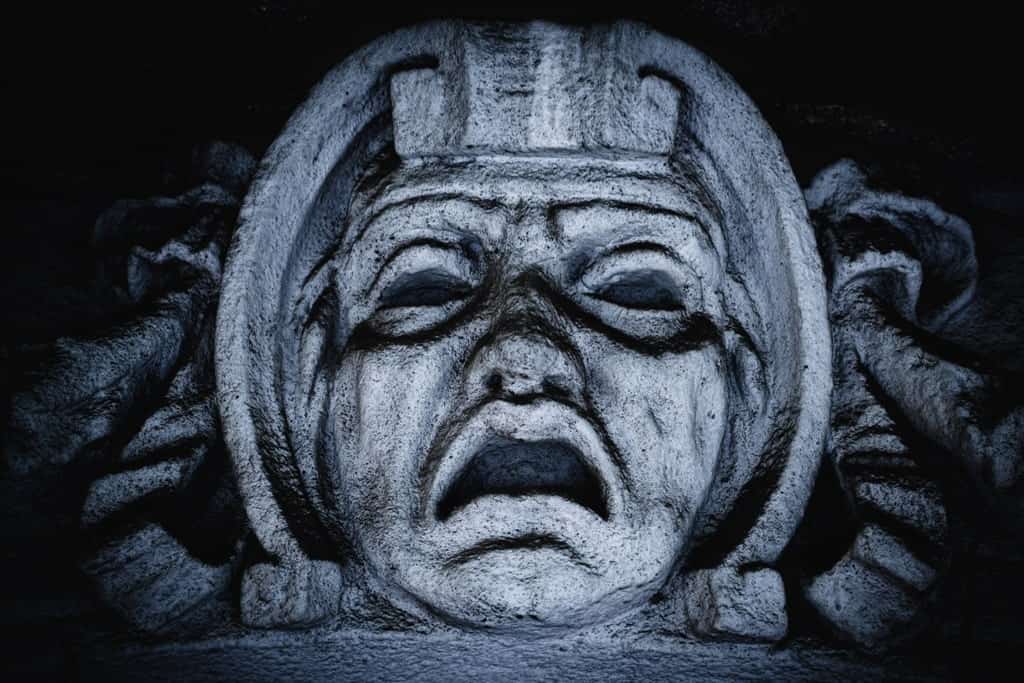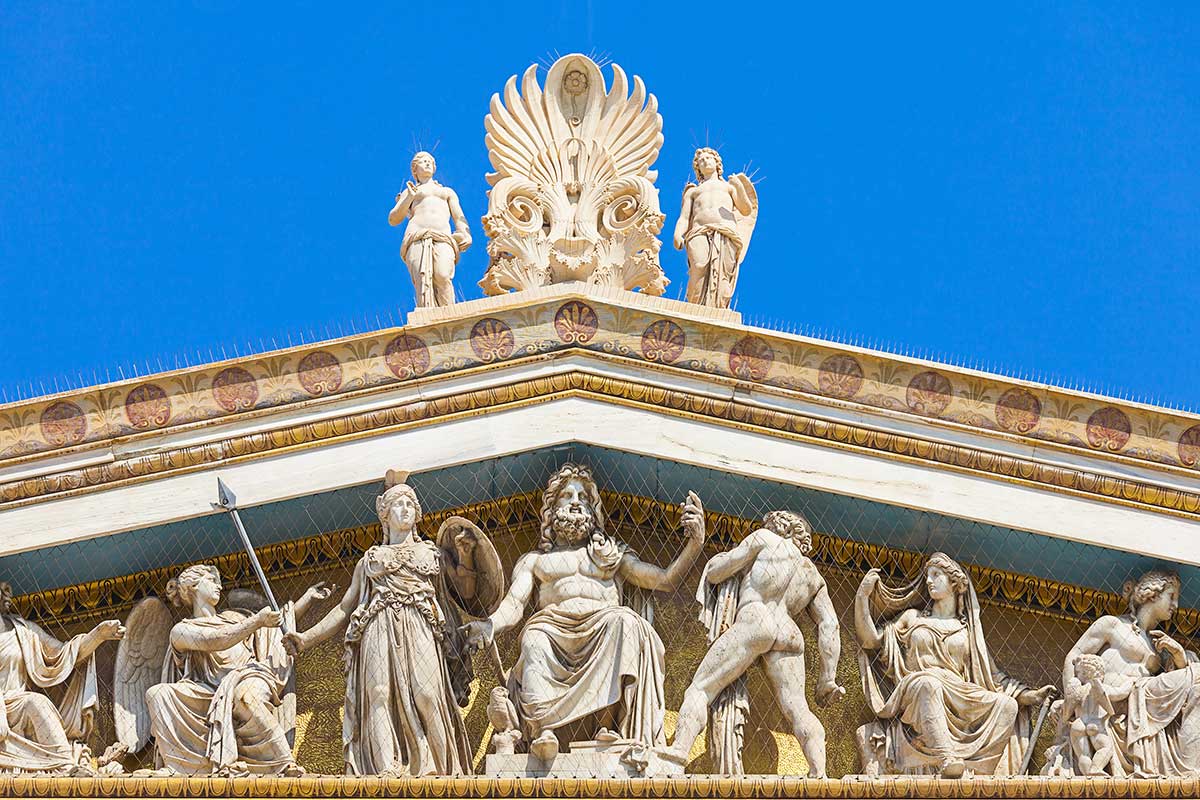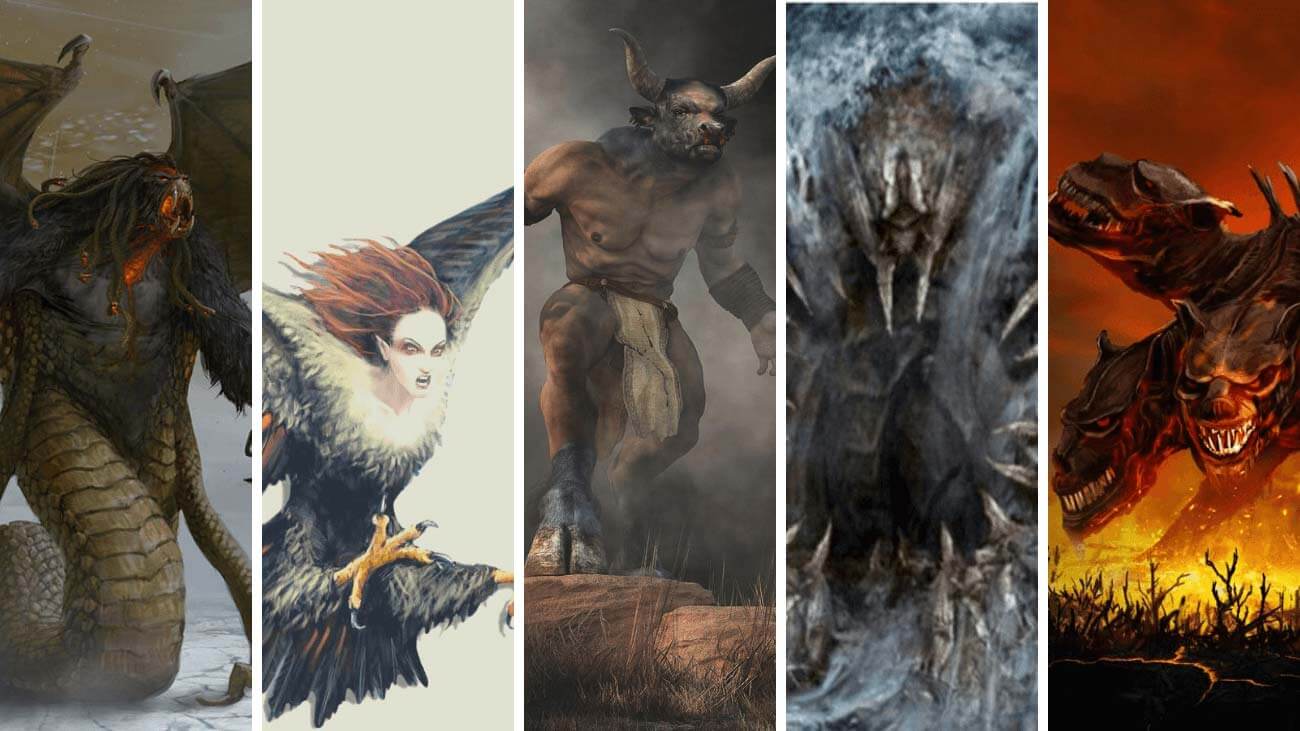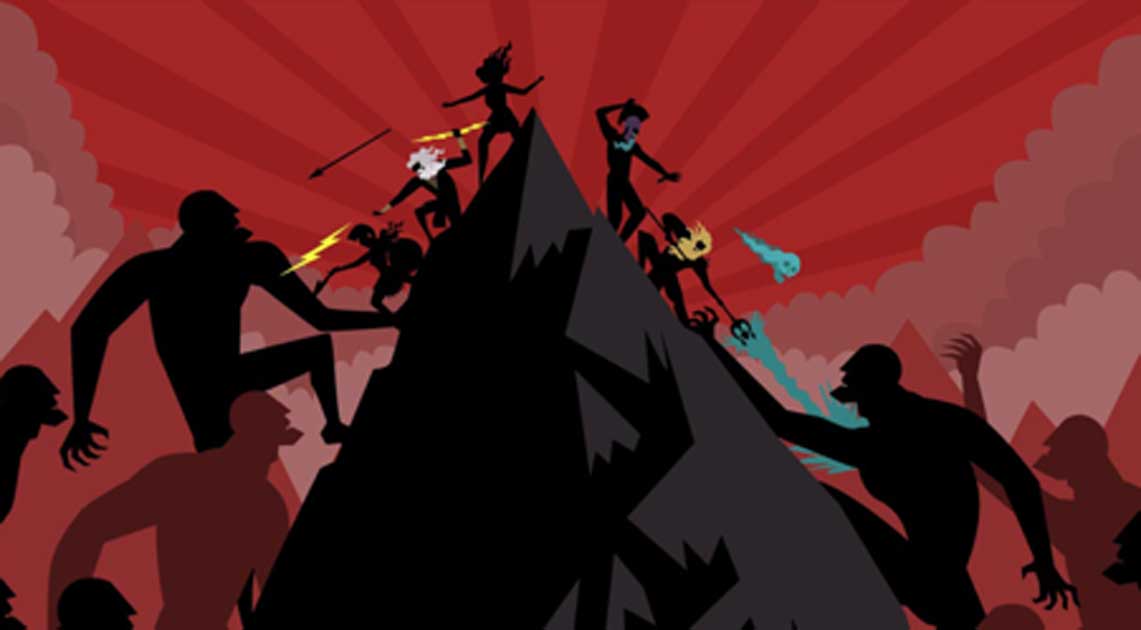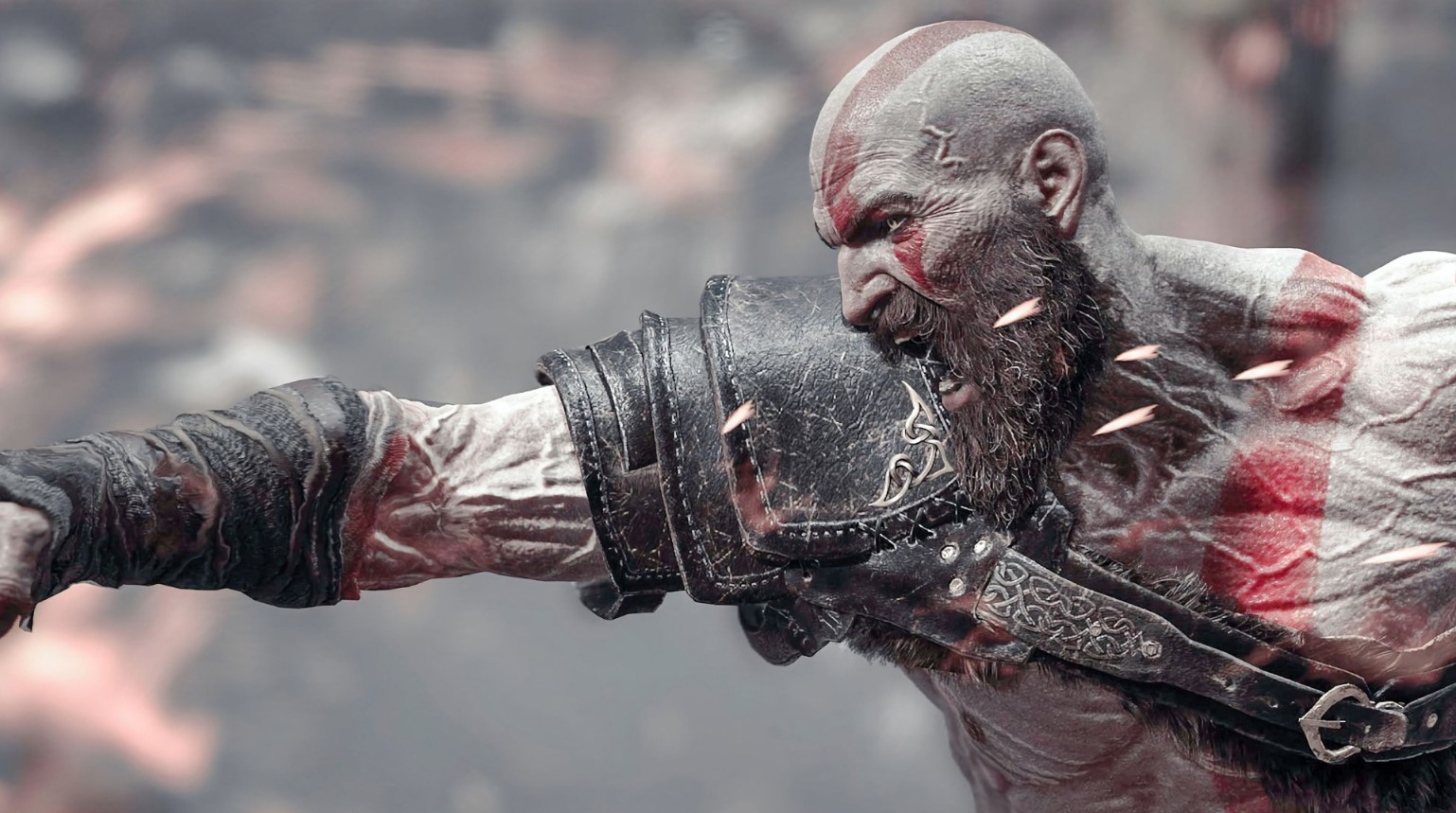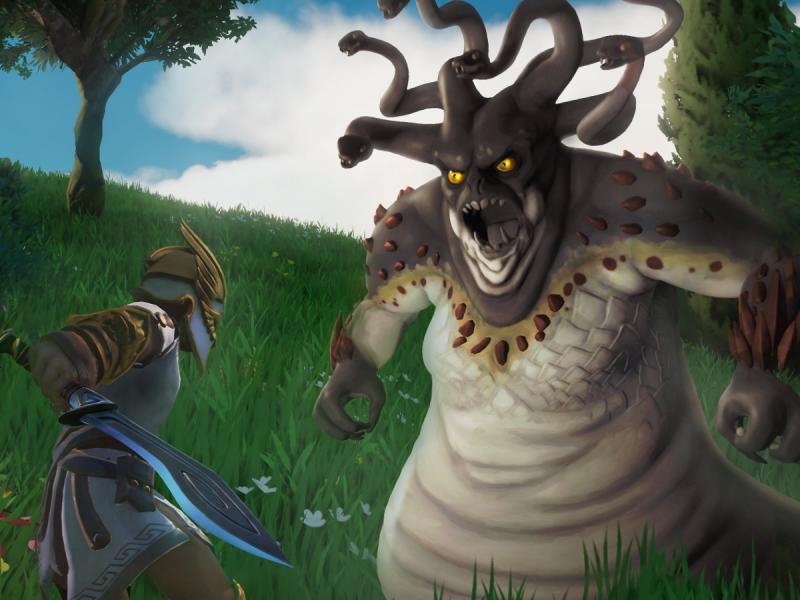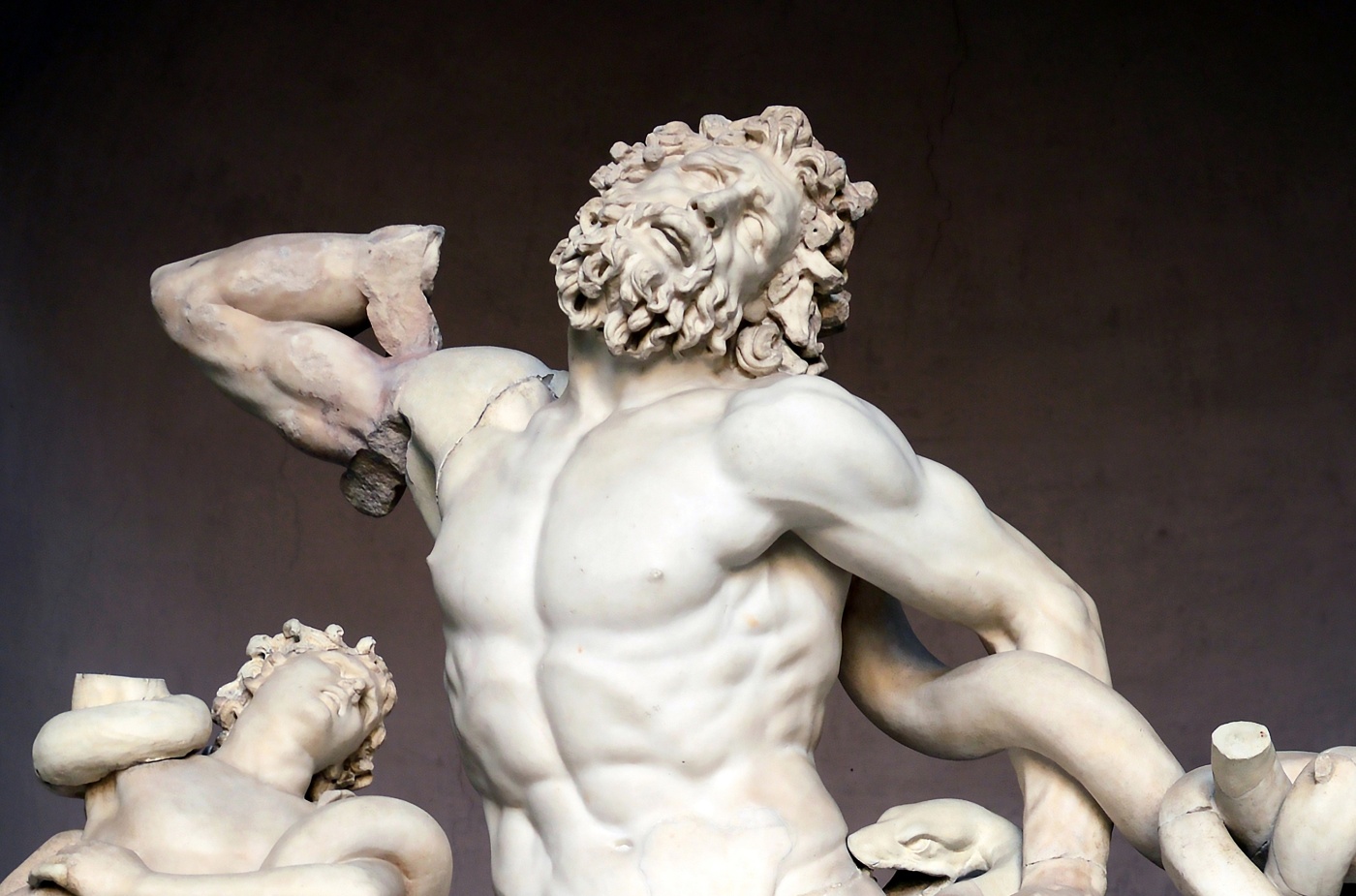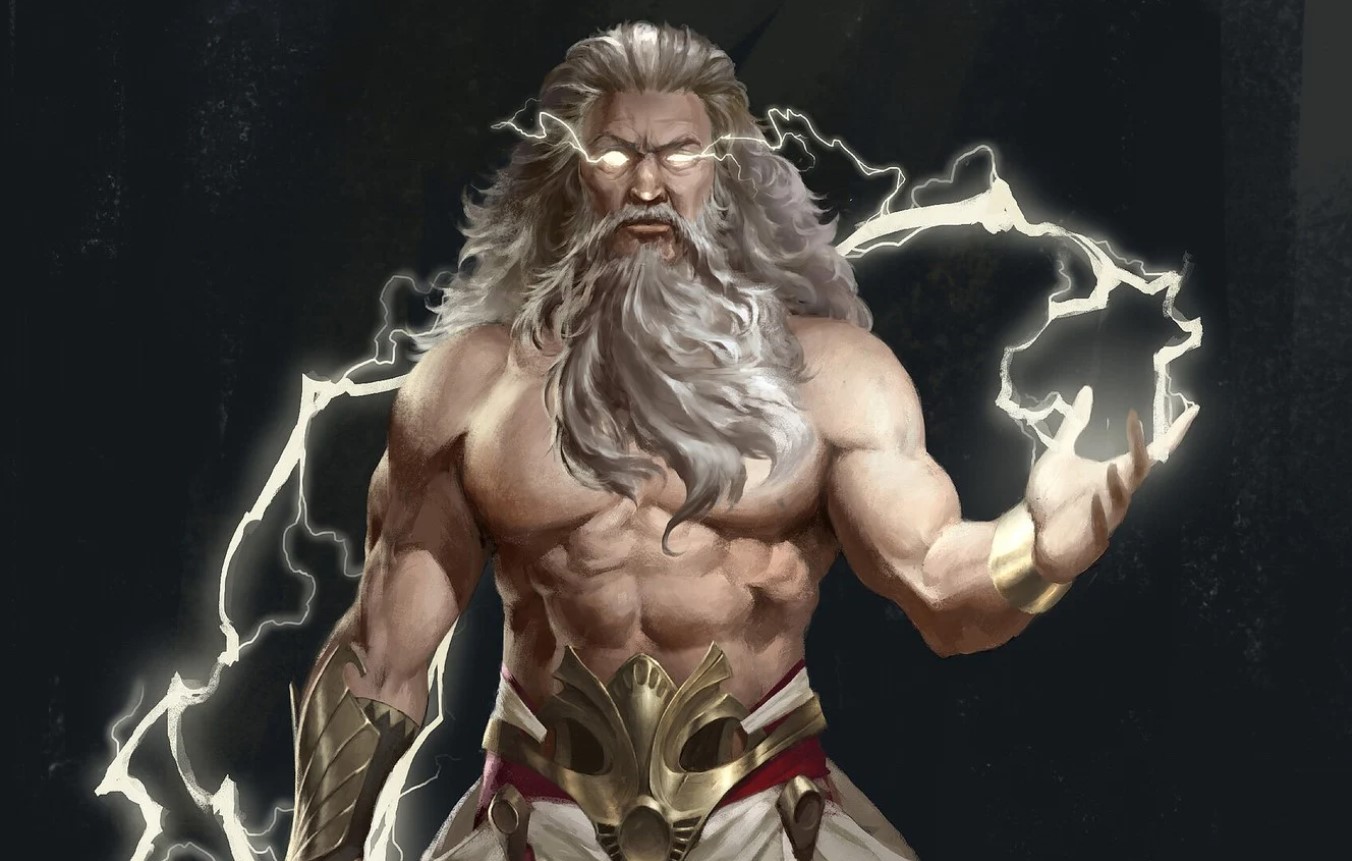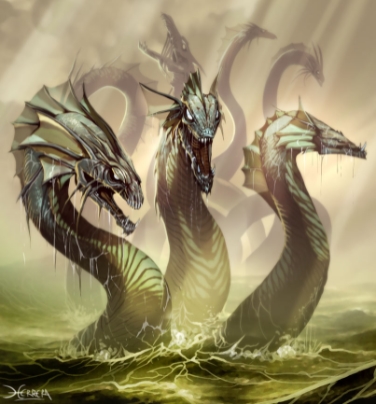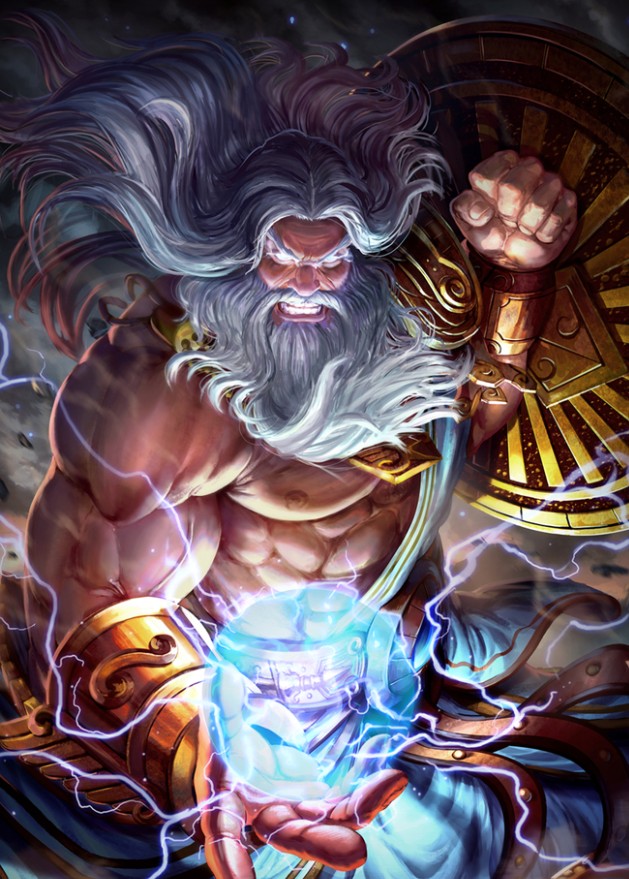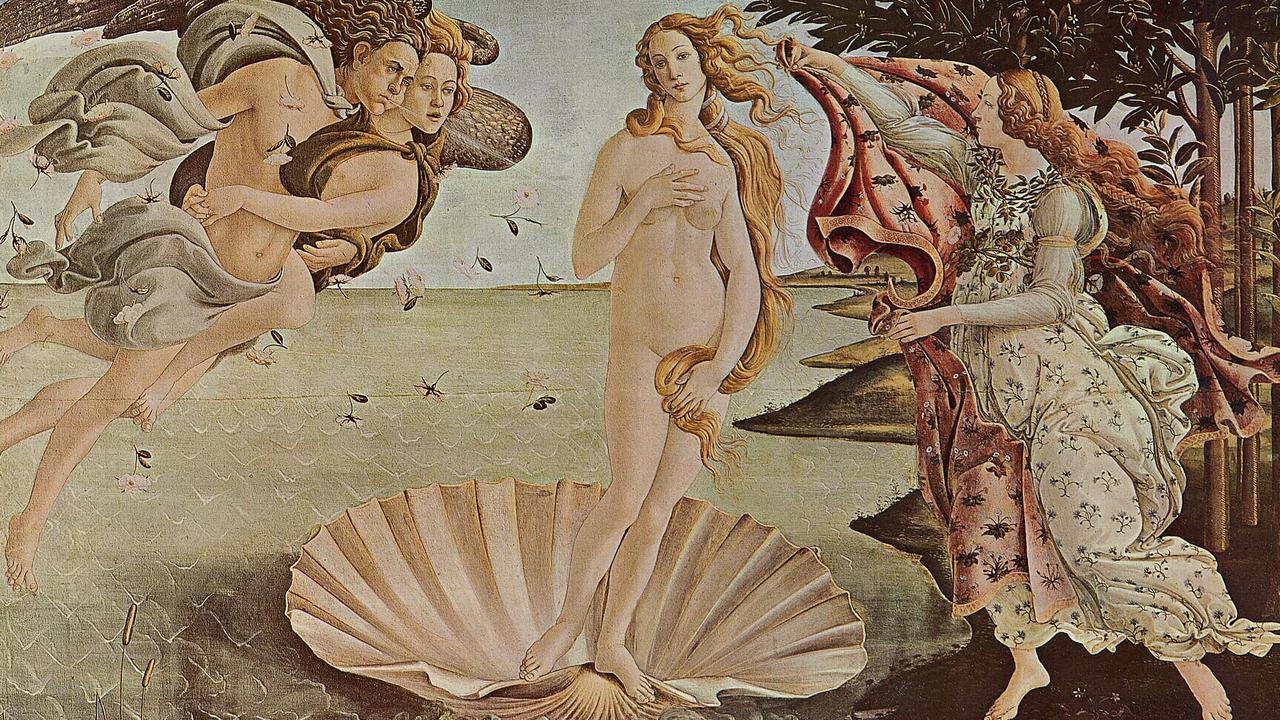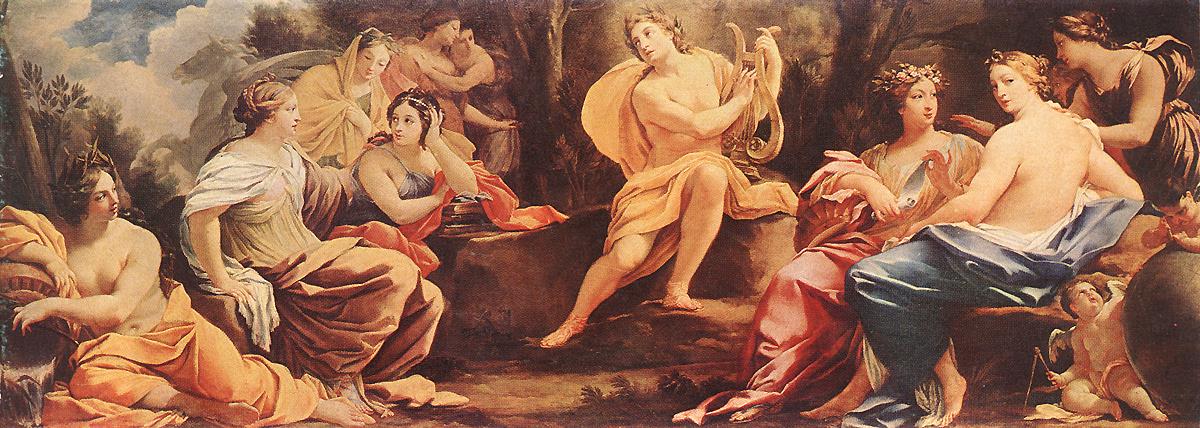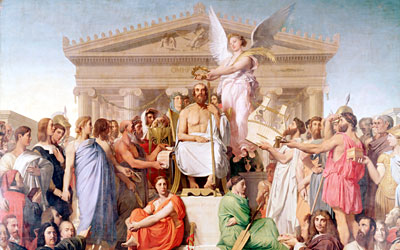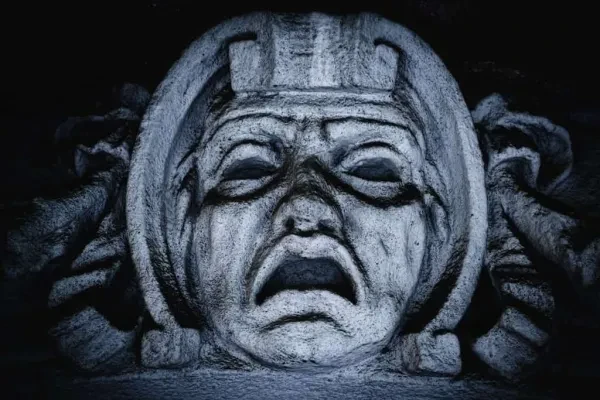
Greek mythology is responsible for some of the most popular concepts in modern stories, so it is only natural that many iconic villains are spread throughout the mythos. While there are plenty of characters who do terrible things, these are some of the worst. Even the Olympian Gods were responsible for unjust punishments and acts of evil, but they were considered to be above mortality. These characters are much more down-to-earth, and we can see the consequences of their evil acts.
1) Minos
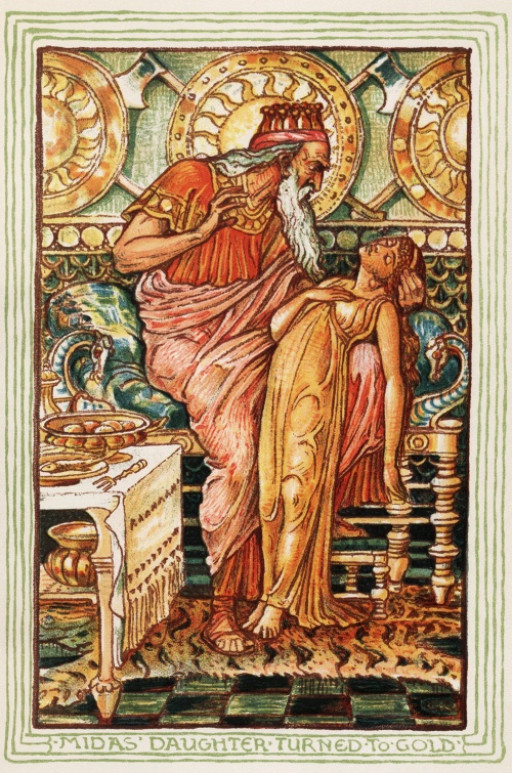
King Minos is likely the most well-known king from Greek mythology, but he certainly does not embody a noble and kind ruler. Minos is involved in multiple stories, but never as their hero. In one tale, Minos’ son was killed when competing in a high-risk sporting event. Nisos acted as the referee of the games. Minos was reasonably outraged at his son’s death, and decided to take vengeance on Nisos. Minos learned that Nisos was invincible as long as he kept a lock of hair, so he courted Nisos’ daughter, Scylla. Scylla proved her love to Minos by cutting her father’s hair, killing him. Minos took over Nisos’ kingdom, and then punished Scylla for betraying her father. He tied Scylla to a ship and drowned her.
Minos’ most well-known role is regarding the labyrinth in Crete. Minos’ wife bore a monstrous son, the Minotaur. Minos commissioned the inventor Daedalus to create a labyrinth, where the creature could be held. He then imprisoned Daedalus inside the labyrinth. Minos also had his father, Zeus, attack Athens with plagues and famine. To end Minos’ assault, the Athenians agreed to his terms: every year they would send seven boys and seven girls to be sacrificed in the labyrinth.
King Minos was a merciless king, willing to punish even those who helped him. He killed Scylla and imprisoned Daedalus, both of whom were his allies. And the fact that he would regularly sacrifice young lives showed that Minos held no value to human life.
2) Uranus
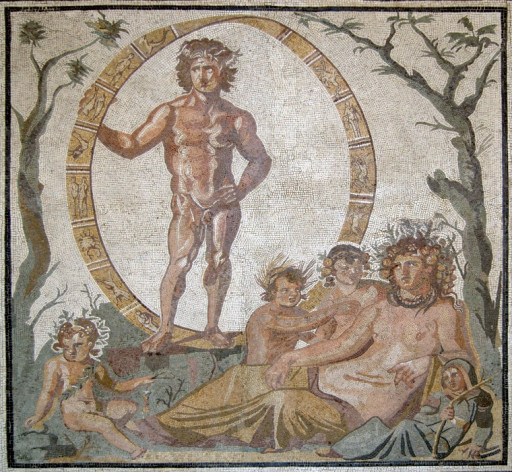
Uranus was the first king of the cosmos, and ruled over earth with an iron fist. He was a primordial god, known as Protogenoi, and he was the literal embodiment of the sky. Gaea, the earth, was his queen, and together they had many children. Often times, in Greek mythology, the quality of one’s child can be a reflection of the parent’s. The Cyclopes and Hekatonchieres were among their many children. These were enormous, ugly monsters, and Uranus hated them immediately. He sent them into the Underworld, where they were imprisoned in Tartarus. Tartarus was a massive pit where all wrongdoers received punishment for their lives. Gaea grew furious at Uranus for exiling their own children, so she had their son Cronus attack and wound Uranus. From his spilled blood, other great monsters of hate arose. The Gigantes were formed, half-draconic giants who were made for vengeance against gods, along with the Furies, spirits of vengeance against humans. Uranus was defeated, but he cursed Cronus and his siblings to be overthrown in the same way that he was. Uranus dubbed them Titans, meaning ‘stretchers’, as they were stretching above their lot in life.
As the first ruler of the world, Uranus did not set a good example. He was responsible for creating many hateful beings that would continue to plague the world, long after his reign. And he was willing to sentence his children to Tartarus simply for their appearance.
3) Tantalus
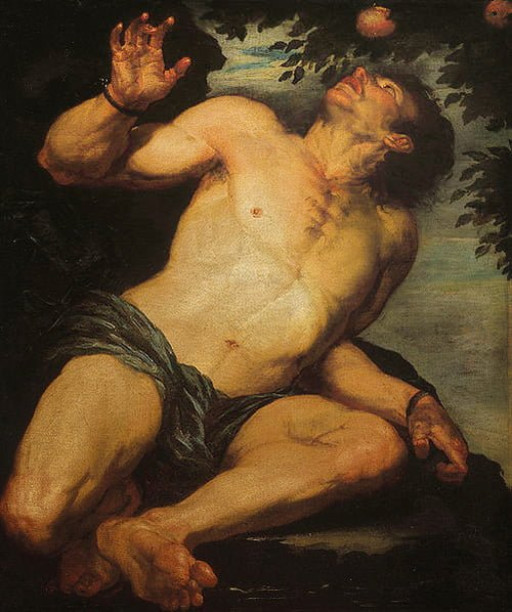
Tantalus is another king in ancient Greece, with his domain varying from tale to tale. However, his vile nature is never in dispute. Tantalus was invited to dine with the gods themselves, but while he ate with them, he broke many rules of hospitality and morality. He stole the food of the gods, nectar and ambrosia. These foods were divine and had strong connections with immortality, and it was a complete breach of hospitality for Tantalus to steal them. Even worse was the food Tantalus presented to the gods. Tantalus wanted to know if the gods were truly all-knowing. So he killed his son Pelops and cooked him into the dishes that he presented to the Olympians. When offered the meal, none of the gods touched it, except for Demeter. Demeter was in mourning over her daughter Persephone, who was missing, which caused her to absent-mindedly eat Pelops’ shoulder. Zeus ordered the Fates to bring Pelops back to life, and the son was sent to Olympus and given a prosthetic shoulder. Tantalus, on the other hand, was sent to Tartarus.
Tantalus received an eternal punishment in Tartarus. He was to stand in a pool beneath a fruit tree. Whenever he grew hungry and reached for the fruit, the branches would be raised just out of reach. Whenever he grew thirsty, he would attempt to dip his hands in the water, only for the water level to recede below his fingers. For the rest of eternity, Tantalus would long for food and water, but be unable to be satiated. His punishment is the origin of the word “tantalizing”. As Tantalus’ crimes related to food, food would be his punishment.
4) Echidna
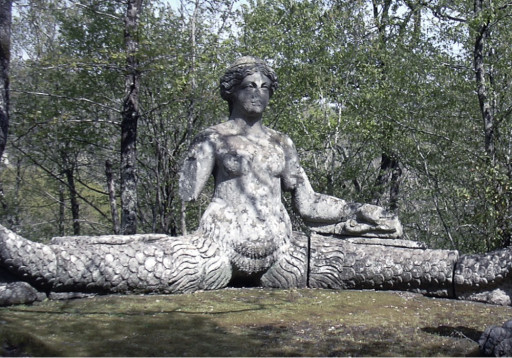
Echidna was one of the most important monsters in all of Greek mythology. She was described as half-woman, half-serpent. Typically, she is known for having the upper body of a beautiful woman, while her lower half is long and snake-like. Some versions of her include snake heads sprouting from her waist or tail.
Echidna does not have many myths about her, but her importance cannot be denied. She is known as the mother of monsters. Many of her children are the most famous beasts in Greek mythology. She gave birth to the multi-headed guard dogs, Cerberus and Orthos. Another child of hers is the hydra, an extremely poisonous serpent with many heads. She also birthed the sphinx, two dragons, the monstrous hybrid chimera, the invincible Nemean lion, and an enormous flying boar. Her other daughters include the gorgons, snake-haired women with petrifying gazes, and Scylla, a sea monster that terrorized sailors. While Echidna may not have many stories about her acts, the fact that she is responsible for so much terror throughout Greek mythology proves that she is a center of evil.
5) Procrustes
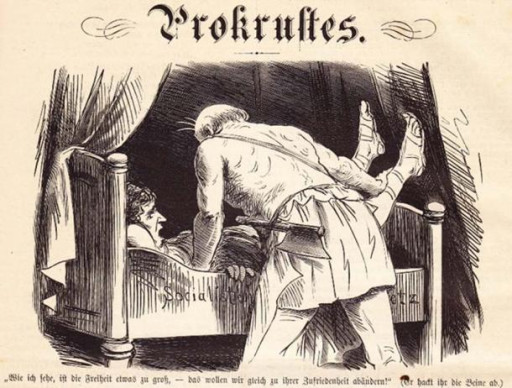
Procrustes was not a villain of epic scope like others on this list, but he certainly was evil. Procrustes was a bandit and a smith who ran an inn of sorts. It was a fortress he built on the path between two major cities. He would invite travelers and passersby into his home and have them sleep on his bed. As they slept, Procrustes would drop his facade of kindness.
Procrustes’ goal was to make every guest fit the bed exactly. He would forcibly stretch those who were shorter than the bed. He would pound them with his smith’s hammer, stretching them until they died. On the other end, if a guest was too tall for the bed, Procrustes would chop off parts of their body until they were a perfect fit. No guest was ever naturally the right size, so Procrustes would always kill them to make them fit. Procrustes had no great evil ambitions; he simply killed for his own twisted pleasure. He was eventually stopped when he invited Theseus in, who trapped Procrustes in his own bed and killed the bandit.
6) Cronos
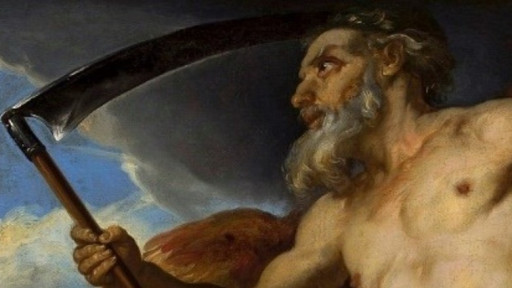
Cronos was the second ruler of the world. As a Titan, he ruled his own Golden Age, where he kept mankind ignorant of most things and bullied his siblings into obeying his rule. But Cronos went too far once his paranoia set in. His father, Uranus, had cursed Cronos to be deposed by his own children. Cronos grew afraid that his rule would end as Uranus had predicted, so he made sure his children could never be a threat. Each time one of his children was born, he would take the infant and swallow it whole. Only his youngest child, Zeus, managed to escape after Cronos was tricked.
Zeus grew up, tricked his father into vomiting up his siblings, and challenged Cronos. The Gods and Titans battled for a decade over supremacy, but eventually Zeus won. For his crimes against his children, Cronos was sentenced to Tartarus.
7) Tityos
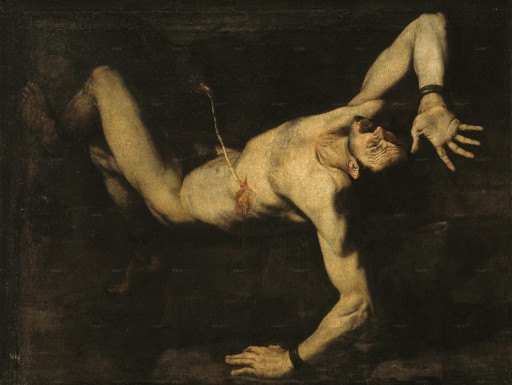
Tityos was the son of Zeus and Princess Elara. Zeus is known to regularly cheat on his wife, Hera, and these women usually face Hera’s divine wrath. To protect Elara from Hera, Zeus hid Elara beneath the earth. She was pregnant with Tityos, who grew much larger than a normal baby. He grew so large that Elara could no longer hold him in her womb. Gaea, mother earth, carried Tityos to term. Tityos was born a giant, arose from the earth, and was now visible to Hera. When the goddess Leto passed by Tityos, Hera encouraged Tityos to assault her. Tityos attempted to rape Leto, but she was protected by her children. Artemis and Apollo, twin gods of archery, shot volley after volley of arrows into Tityos. It is often said that Apollo then used a sword, golden with sunlight, to finish Tityos.
For his assault, Tityos was punished in Tartarus. The giant stretched out and was chained to a rock, where two vultures would attack him. They would peck out and eat his liver. It would grow back every night, and the next day the vultures would return to eat it again and again. Tityos was reviled as one of the most foul beings in Greek mythology.
8) Typhon
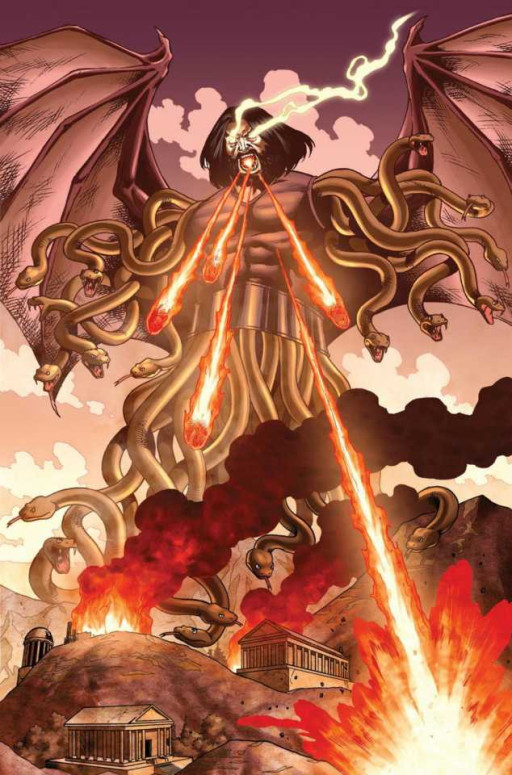
Typhon is an enormous monster, with a similar role to Echidna. He is a giant with serpent tails forming from his waist. Echidna is actually his wife, which makes Typhon the father of all monsters. While both of them are responsible for unleashing many evils on the earth, Typhon stands out when compared to Echidna due to his battle with Zeus.
Once Zeus and the Olympians had defeated the Titans in war, Zeus claimed kingship over the world and punished the Titans by sending them to Tartarus. Gaea, the mother of the Titans, was enraged by this treatment of her children, and gave birth to Typhon in order to claim revenge. Typhon was literally born to challenge Zeus, so the two beings engaged in an epic battle for control of the world. Zeus hurled lightning and Typhon spewed fire, and the world trembled during their fight. Zeus eventually won, burying Typhon underneath a mountain. Typhon’s destructive power, along with his fathering of monsters, paints him as one of the most evil beings in the Greek mythos.
9) Sciron
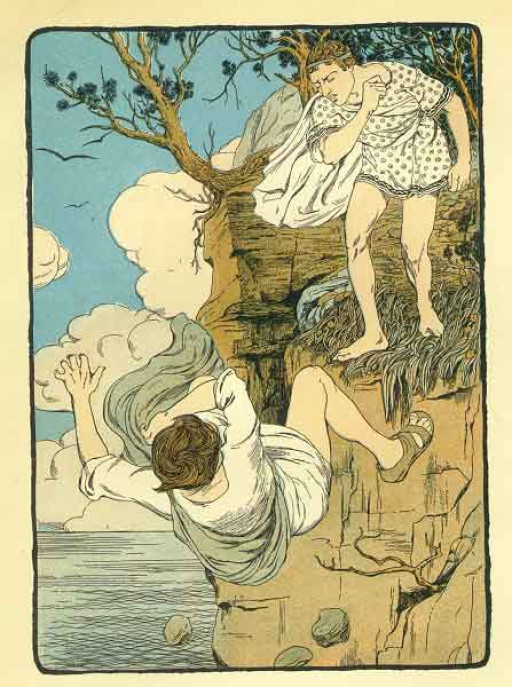
Sciron is another bandit known for his petty, vile crimes. He often robbed wanderers, but he is particularly known for his vicious method of killing travelers. Sciron would stay on a path near the edge of a cliff. Whenever someone would pass by, he would only allow them to continue if they washed his feet. When the traveler would kneel down, Sciron would kick them over the edge. They would fall into the sea, where they would be devoured by a giant, monstrous sea turtle. Similar to Procrustes, Sciron’s evil comes from his cruel method of killing travelers, which seems to serve no real purpose other than amusing Sciron.
10) Ixion
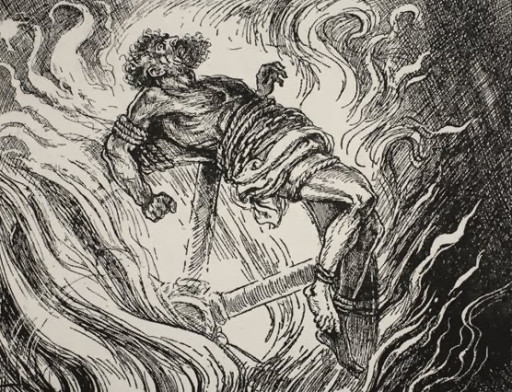
Ixion was yet another king in ancient Greece. When he took a bride, he did not pay his father-in-law, which was customary. His father-in-law retaliated against Ixion by stealing Ixion’s horses. Ixion took his revenge by inviting his father-in-law to a feast, then pushing him into a bed of fire. Ixion killed his father-in-law, thus becoming the first human in Greek mythology to have killed a member of their own family. This act drove Ixion mad, and he was shunned and ignored by everyone around him.
Zeus saw Ixion, and took pity on him. Zeus brought Ixion to the table of the gods as a kindness. But Ixion saw Hera, the Queen of the Gods, and grew lustful for her. This was another offense to Zeus. Zeus created a cloud shaped like Hera, which Ixion attempted to sleep with. Zeus then blasted Ixion off of Olympus, killing him.
For his crimes of kin-killing and attempting to assault Hera, Ixion was sentenced to punishment in Tartarus. Ixion was bound to a winged, burning wheel, which was always spinning. He would spend eternity attached to the fiery wheel as it spun throughout Tartarus. Ixion seems to be the first evil human in Greek mythology, and he was immortalized as such with his punishment.
You may also be interested in:
- Top 10 Most Powerful Gods in Greek Mythology (Ranked)
- 15 Most Frightening Greek Mythology Creatures
- Top 10 Best Greek Mythology Games
- Top 12 Gladiator Games Where You Fight to the Death
- [Top 15] Greek Mythology Monsters And What They're Famous For
- [Top 15] Greek Mythology Goddesses And What They're Famous For
- [Top 25] Best Greek Mythology Movies To Watch Right Now

